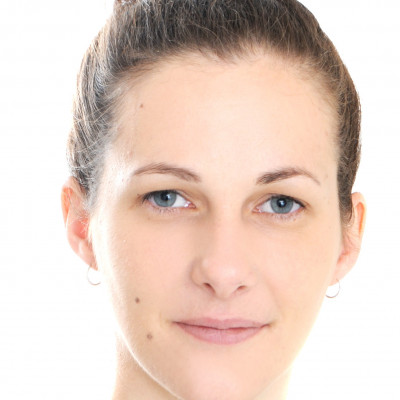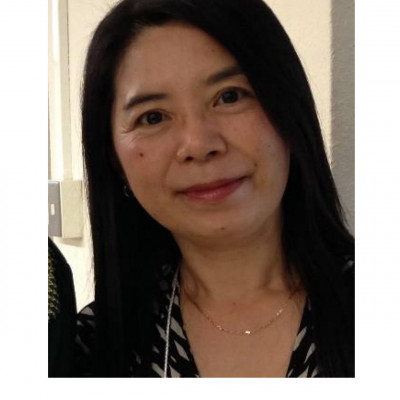Sessions /
JALT ER Sig Forum - Extensive Reading in Languages other than English
#1240
Four speakers will present in this Forum.
Kimberley Rothville will speak about her work collecting resources for extensive reading in Japanese and the difficulty of finding sufficient materials at the right difficulty levels for learners. Although there is a great wealth of material available for English language learners for extensive reading, the same cannot be said for Japanese. When collecting materials for Japanese learners for extensive reading, there are three main problems to overcome. Firstly, there are few Japanese materials developed for the purposes of extensive reading, meaning that any extensive reading programme cannot avoid using native speaker materials. Secondly, the materials specifically developed for non-native speakers for ER are often based on the vocabulary list published as a guide for the Old Japanese Language Proficiency Test, rather than the frequency of vocabulary in texts produced for native Japanese speakers. There are therefore many questions about the extent to which these texts overlap with “real world” texts, and how well they prepare students to read texts written for native speakers. Finally, the vocabulary knowledge of learners of Japanese with regard to the most frequent Japanese words is unknown, meaning that the overlap between their word knowledge and the different materials available is also unclear.
Jared Turner and John Pasden will talk about the creation graded materials for the learning of Chinese. Successful application of extensive reading assumes the L2 learner will be able to infer the meaning of unknown words provided there is sufficient comprehensible context for the reader. However, the Chinese logographic writing system presents situations where even if a reader is able to infer a probable meaning of a given character, they are still unable to produce an oral representation of the character or, in other words, “match a sound with the squiggle.” Except for advanced learners, it is near impossible for most learners to decode a character that has not been actively studied. John Pasden and Jared Turner of Mind Spark Press, publisher of the Mandarin Companion Chinese graded reader series, have published 17 Chinese graded readers for L2 Chinese learners. Pasden and Turner will discuss how a leveling system was developed from a corpus of L2 Chinese language instructional materials, how stories are selected for the writing process, how new or unknown characters are introduced into stories, the double-edged sword of pinyin (the official romanization of standard Mandarin Chinese), and the writing, editing, and review process required to produce Chinese graded readers that are comprehensible and engaging to L2 Chinese learners. Jared Turner will speak about his work on developing graded reading materials for the learning of Chinese.
Mitsue Tabata-Sandom will open by suggesting extensive reading in Japanese is in its infancy, compared to that of English. NPO Tadoku (ER) Supporters, pioneers in Japanese graded reader (GR) publishing, had published 134 hard copies of GRs at six levels by 2016. Although other groups have added, or are trying to add, more hard copy GRs, there is a definite shortage of Japanese graded readers. The endeavour of publishing hard copy Japanese GRs seems to constantly face reluctance by publishers due to its limited market. In response to such an undesirable situation, some researchers including this presenter have started providing Japanese GRs online. Beneath these steady efforts of increasing the number of Japanese GRs are fundamental problems. They include a weak awareness of the importance of level appropriacy, a lack of word lists based on a reliable corpus, a shortage of competent writers who can create beginner materials, insufficient funds to secure illustrators, and an ironic situation that the availability of free online GRs keeps some teachers from obtaining hard copy GRs. In this talk, the presenter shares her experiences of providing level appropriate online GRs, using her peer’s corpus of Japanese written words for her ER website, while reporting what her fellow Japanese GR creators go through.
Sophie Muller will share her experience translating the Cengage Foundation Reading Library series written by Rob Waring and Maurice Jamall into French. She hopes to highlight that beyond translation, a thorough work of grading or leveling is required to make the translations adequate material for extensive reading. She will explain the work done for vocabulary, grammar, proper names and pictures in order to inspire similar endeavors for other languages which are lacking true beginner stories.




